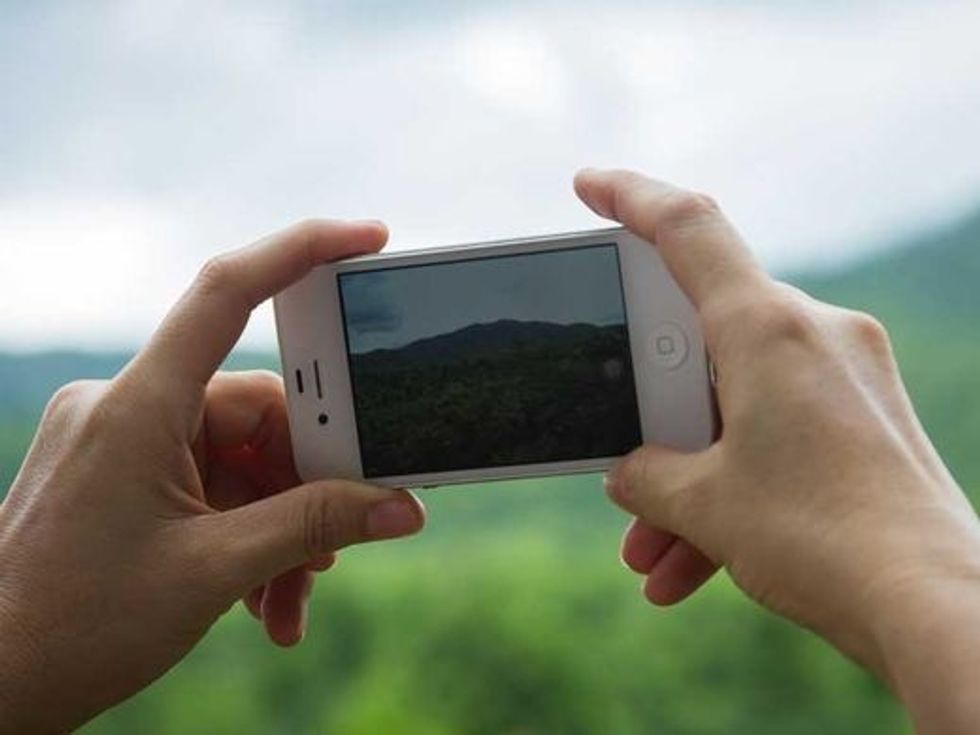Driving down the highway, the billboards tick by. From Mega Millions to injury lawyers, all give a website or phone number, attempting to promote something. But then a billboard passes with a huge, sharp, beautiful image, simply stating "shot on iPhone". Every smartphone that comes out has a better camera; stronger optical zoom, higher resolution, better stabilization. The quality is higher than even some digital cameras out on the market, which begs the question: are smartphones eliminating digital cameras?
Though never thought to really overtake the pro-camera market, the new craze over images "shot on iPhone" has brought to light what camera bloggers have worried about since the smartphone came out. The photos are not only high-quality, but can also capture in low light and the desired focus. There is an overwhelming realization approaching many camera-makers: digital cameras are becoming extinct.
Because people saw that they could have both their camera and their phone in the same device, many began to stop buying low-grade cameras. As phone companies realized that the camera was important to people, they began to create phone cameras with better quality. Now that phone companies see how much influence they have for low-quality cameras, they are seeing how far they can go when they come out with high-quality cameras.
The reasoning behind this move away from cameras is more than just the increase in the quality of smartphone cameras, it is the convenience. It is far cheaper to buy one expensive phone with a semi-good camera built in, than it is to buy a good phone and a good camera. It is also significantly more practical. Having a thin camera that fits into your pocket is much easier to take with you than lugging a bulky Nikon D500 DSLR camera everywhere.
But as these cameras disappear and more people begin to see themselves as photographers, semi-professional photographers find themselves less useful. While professional photographers still find themselves useful, the less experienced photographers find it difficult to find work. With a high-quality camera at one's fingertips, anyone feels they can be a photographer, leaving the real photographers without work.
The need for a pro-level digital camera is disappearing as phone companies answer the call for convenience. While many still believe that phones will never truly overtake professional-grade cameras, the idea that a 12-megapixel camera could be a device that is smaller than a pack of cigarettes was also unimaginable 20 years ago. Who knows what the next 20 years can hold.







































